As part of a recent career training program, I undertook a personality assessment. It wasn’t a typical shabby online personality quiz, but instead specifically measured for the “big five personality traits.” The test shed a great deal of light on my own character traits. What I found most interesting was reading a bit deeper – and realizing that the test can tell you a lot about the type of DJ you are.
Today, we’re going to discuss what exactly the “big five personality traits are,” and how they relate to the life of a professional DJ.
What Are The Big 5 Personality Traits?
“Many contemporary personality psychologists believe that there are five basic dimensions of personality, often referred to as the ‘Big 5’ personality traits.” – VeryWellMind
The core concept is that there are a few traits that most human behavior can be measured within, and your personality is determined by how much (or how little) you exhibit these behaviors. While there are some reasonable criticisms of this theory, it’s still worth checking out.
Take a free test here and then read along with our analysis below…
Let’s break apart each of the five traits. One could write a book about each of these, but we’ll focus what they are and how they apply to your life as a DJ.
1. Openness: receptiveness to new ideas + experiences.
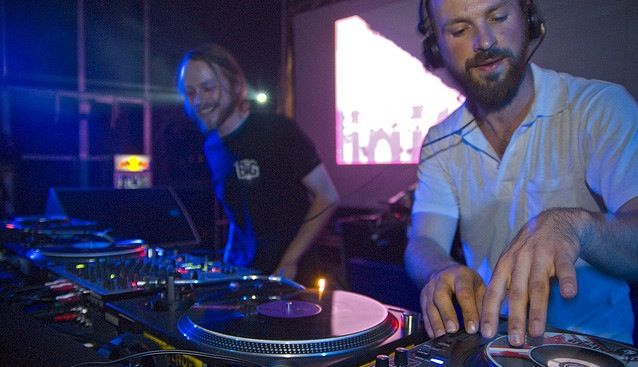
Chances are you already know if you’re a rather “open” person or not. Do you like having new experiences, or do you prefer to stick with what’s familiar and comfortable?
People high in openness are the types who do things like frequently try out new restaurants or travel to new places. They can often be extremely creative, though they can also be somewhat unfocused (and even flaky) at times.
People low in openness are the types who frequent the same few spots locally. While they may not be doing much traveling, they find comfort in visiting the places they know they enjoy. People low in openness may not be as creative, though they are often regimented, routine driven and highly effective in their fields.
How does this apply to you as a DJ?
Examples of “open” behaviors: Learning how to mix new genres of music, taking risks with classic tracks during your sets, traveling to a new city (or country) for a gig.
As a DJ, your level of “openness” is going to be a huge factor in what type of career you will have. Let’s apply it to genre:
- Many artists in single-genre mindsets (“I play all types of house and techno!”) are often unwilling to play anything other than what they are completely familiar with.
- Compare that to mixed-format DJs, who are required to be open to new styles of music. Show me a mixed-format DJ who’s closed off to certain genres, and I’ll show you someone who is missing out on gigs.
Being too open can be a downside for some DJs. It’s easy to drift between various genres, styles, and career paths. While they may become something of a “jack of all trades,” they may remain a “master of none.”
Openness to a new experience is also fundamental for DJs who wish to travel. It’s not always so easy to pack up and head to a new city for a gig, and it requires a desire to experience something different.
2. Conscientiousness: organization, persistence, and goal-mindedness
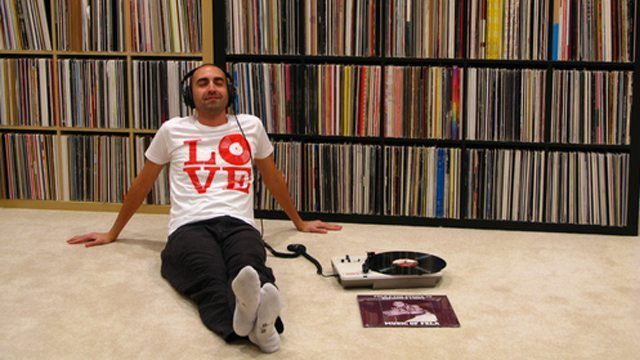
Picture that you are painting a room in your home. A very conscientious person will often go all out, using painters tape, testing multiple colors based on the room’s lighting, and perhaps even painting the ceiling a different shade of white to brighten the space.
If that sounds like a bit much to you, you’re probably lower in conscientiousness.
A lower conscientiousness individual is someone who will often say “done is better than perfect,” and doesn’t mind that their work may have a few imperfections. Those lowest in conscientiousness may never even get around to painting the room, allowing their project to go by the wayside entirely.
Though problematic when taken at an extreme, both mindsets are useful in different situations, especially as a DJ.
What makes a DJ conscientious?
Examples of conscientious behavior: Keeping an organized library, practicing specific skills, mixes, and routines to perfection, having ever-expanding goals of what clubs you want to play at.
We all know that DJ whose library is a complete and total organizational disaster. Their laptop screen is covered in grime. Their mixing may be a little bit spotty, but only other DJs notice.
Even still, they manage to do their job and usually do it well. This is a person who is lower in conscientiousness.
Pro-tip: Whip your library into tip-top shape with Ean Golden’s timeless piece, The Art of Prep – 5 Principles Every DJ Should Know.
As you get lower on the spectrum, you start to get DJs who are simply bad at what they’re doing. They lack technical skills, don’t update their library often, and often have malfunctioning gear. These people refuse to spend time on their craft, and it can show.
On the high end, we have DJs whose mixing is freakishly razor-sharp. There’s not a single typo in their entire library, and their decks are spotless at all times. Every time there’s a new hit song, they have 5 remixes of it they may never play. They’re obsessive, and constantly over-preparing for everything. Put a drink next to their turntables at your own peril.
Both high conscientiousness and low conscientiousness people can be great DJs. The problem is when you are very far on either end of the spectrum. It always helps to be more high conscientiousness than low, but, there’s a limit where this becomes counterproductive. While those lowest in consciousness refuse to prepare for a gig, those highest in this trait may insist on pre-planning every set.
Even still, high conscientiousness is one of the most accurate predictors of who will be successful in life, and who will not.
3. Extroversion: Energized by the outside world, or drained by it?
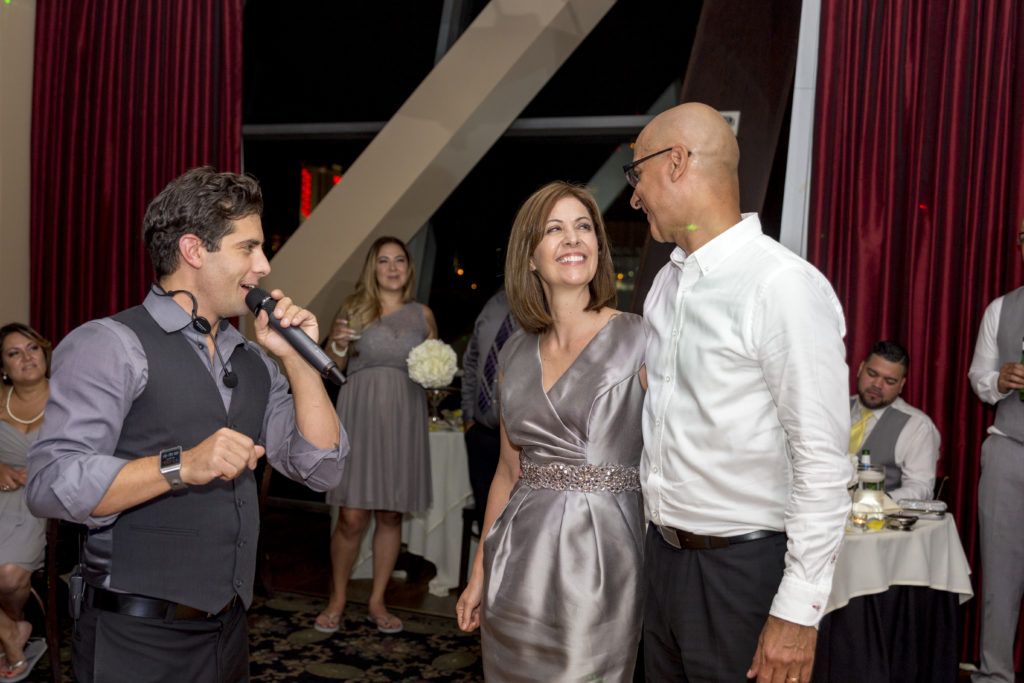
An extroverted person is easy to spot. They’re often “the life of the party,” being entertaining, interesting, and engaged. They thrive in the presence of others, performing best when immersed in a large group.
An introverted individual is just as easy to spot, albeit for different reasons. They tend to perform best when left to their own devices. Many great artists have been highly introverted people, preferring the company of themselves or a select few as opposed to masses of others.
Pro-tip: Here’s a great book recommendation – read The Charisma Myth to develop a more magnetic presence in a personal and professional setting.
How does extraversion apply to you as a DJ?
Examples of extroverted behavior: Walking around the club, introducing yourself to staff and patrons, talking on the microphone.
Depending on the type of music you’re into, this can be either a good or a bad thing. Some people can’t stand DJs talking on the microphone and the other antics that mainstream DJs are known for pulling.
Others eat this stuff right on up.
Just look at FISHER. He went from being virtually unknown to be one of the biggest DJs on earth in less than two years. This is not because of production skills, or anything impressive in the DJ realm.
It’s because he is insanely high in extroversion.
Every DJ is going to benefit from some level of extroversion. It’s a social business, after all. DJing can even teach you to be a little bit less self-conscious and put yourself out there a bit, if you’re naturally a bit of a “shut-in” type of person.
4. Agreeableness: Willingness to put the needs of others ahead of their own.
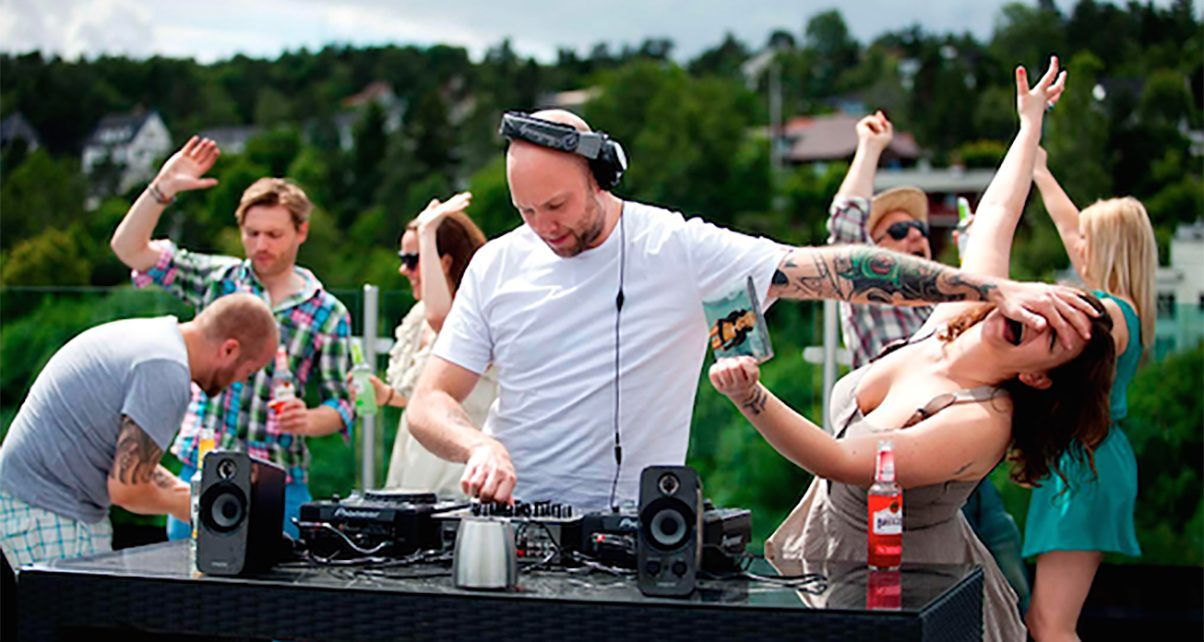
When trying to find out if you’re agreeable or not, it’s important to ask yourself one question: how do you fare in an argument?
Agreeable individuals will often roll over at the slightest hint of conflict. They often prefer to exist in the frame of someone else, outsourcing responsibility to others and following someone else’s lead.
As such, they tend to be rather relaxed, and “chilled out” when it comes to making decisions. Ask an agreeable person where they want to go for dinner, and they’ll often say “Wherever you want to go is fine!”
A disagreeable person, on the other hand, can be headstrong and often wishes to see that their voice is heard. They’ll create conflict if they feel their point of view is being neglected, something that can both benefit and hurt them in different circumstances.
How does agreeableness apply to you as a DJ?
Examples of agreeable behavior: Accepting pay cuts, taking song requests, sharing the night with other DJs.
As DJs, we’re all familiar with a phrase that most of us absolutely hate – “I have a request.”
Like it or not, being a working DJ, you’re exposed to a whole host of situations that may be a little aggravating. Ever meet a DJ who completely lost their cool on somebody for making a silly request? You can bet that person is extremely low in agreeableness.
“How dare this person try to tell me what to do! They’re not even a DJ,” they may think to themselves.
Remember: disagreeable people are less likely to put the needs of others before their own. This is natural for these people.
And, that means that even if the bachelorette party that wanders in the club at 12:30 AM just needs to hear Lil Nas X, it’s probably not happening.
There can be a huge upside to having a healthy amount of disagreeableness, particularly when it comes to the business side of things.
Agreeable people are often those who are most easily taken advantage of in situations involving money. Being disagreeable is actually a trait of some of the most successful people on earth. Many CEOs, high-ranking executives, and entrepreneurs are notoriously hard-headed and disagreeable.
If a club owner tells a highly agreeable DJ that business is slow, so they must take a pay cut for a few months, they will quite likely accept it. They, being agreeable, will put the needs of the club before their own.
A disagreeable DJ, on the other hand, will stand up for themselves and demand their pay to remain the same. Nobody’s needs come before their own. Who knows, they may even ask for a raise!
5. Neuroticism: Sensitivity to negative emotional experiences and stress
Neuroticism has everything to do with your day to day mood.
Are you someone who is frequently upset, nervous, anxious, or just generally prone to a negative emotional state?
While some people merely brush this behavior off as being like that of Eeyore from Winnie-the-Pooh, it is actually referred to as trait neuroticism.
Unlike the other four personality traits, neuroticism tends to have less of a positive side to it. While many comedians have managed to poke fun at their extreme cynicism, being neurotic is generally quite unpleasant for those who possess this trait.
How does this apply to you as a DJ?
Examples of neurotic behavior: Becoming seriously upset by bad turnouts, quarrels with nightclub management, poorly handling job-related stress.
Being a DJ is a job with many ups and many downs.
Nightclubs close down. DJs steal gigs from each other. Club owners can be notoriously difficult to work with. Patrons can be even worse. Throw alcohol into this mix, and you’ve got yourself a recipe for some seriously volatile behavior.
As a DJ who’s playing out regularly, you have to have thick skin. If, however, you’re someone whose prone to experiencing negative emotions, all of these things can take a serious toll on you.
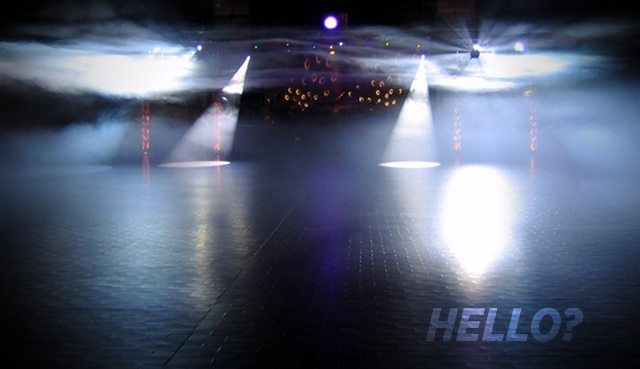
Someone who ranks high in neuroticism is far more prone to react badly to these things.
Just look at Avicii. While there’s obviously no exact data on his personality type, you can tell that the pressures of the industry began to weigh down on him very heavily, until eventually until it was too much.
The flip side of this, however, is that being high in neuroticism is often associated with being higher in conscientiousness as well.
In other words, many people learn to harness the power of these overwhelmingly negative patterns of thought and channel it into something productive.
Some DJs will take up production as a way of expressing themselves. Others will get seriously into fitness to channel their energy into something beneficial. Others turn to alcohol and drugs. If you’re a neurotic individual, you must find a healthy way to channel these emotions.
Personality assessments: a decent way to find out how to improve yourself.
Want to take the personality test yourself? Truity currently offers a free assessment. If you want more details, they offer a more detailed test for $30. Mine was subsidized by my day job, but knowing what I know now, I’d certainly suggest anybody have it done.
There are also a few open-source free versions of this test – check out BigFive-Test and OpenPsychometrics.
In the end, what matters is not where you have an assessment taken, but instead that you take the time to learn about yourself!
Header image compiled from “Dj outline” and “Linear dj outline” on Vexels, and Natasha Sinegina on Creazilla.





